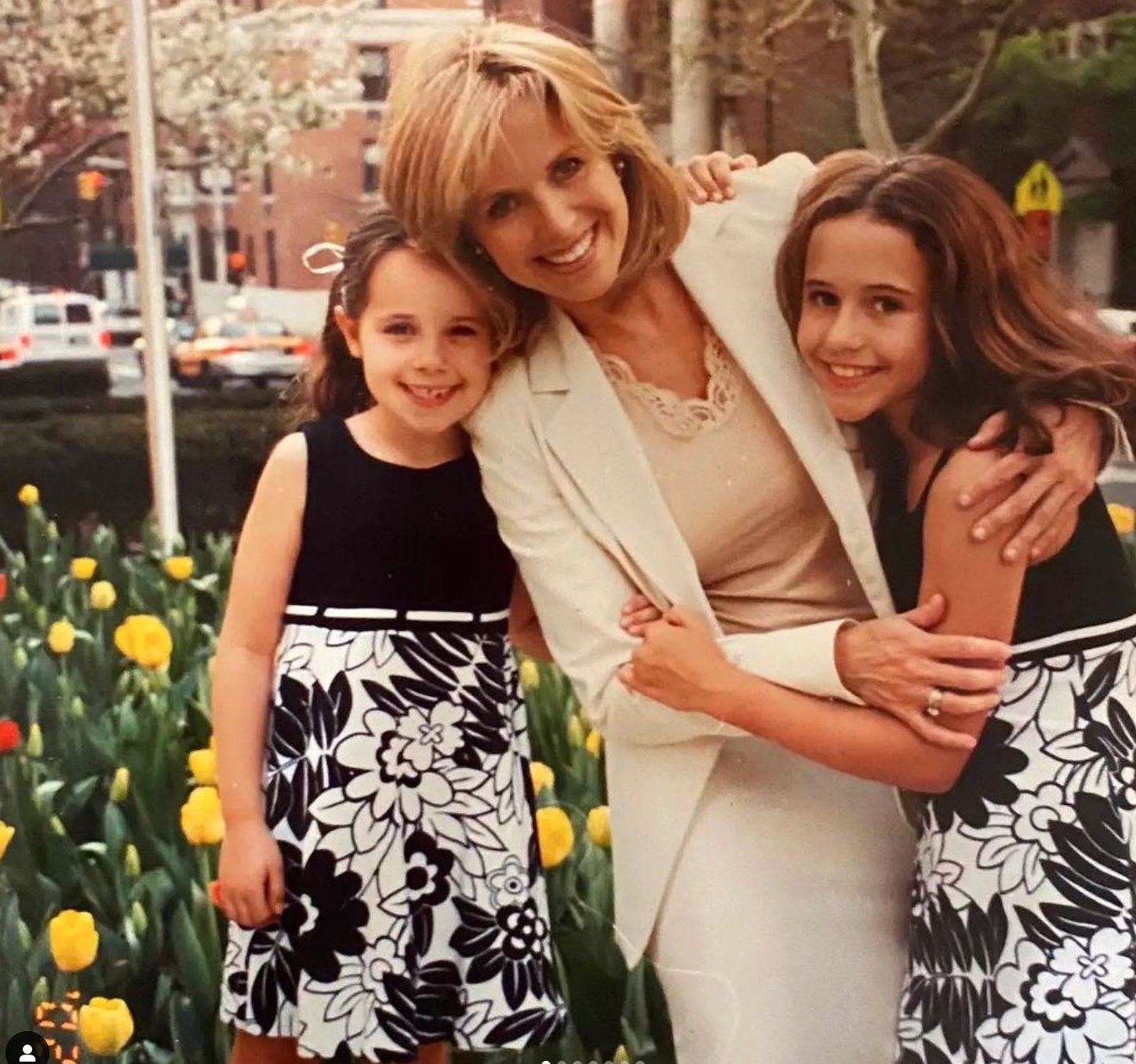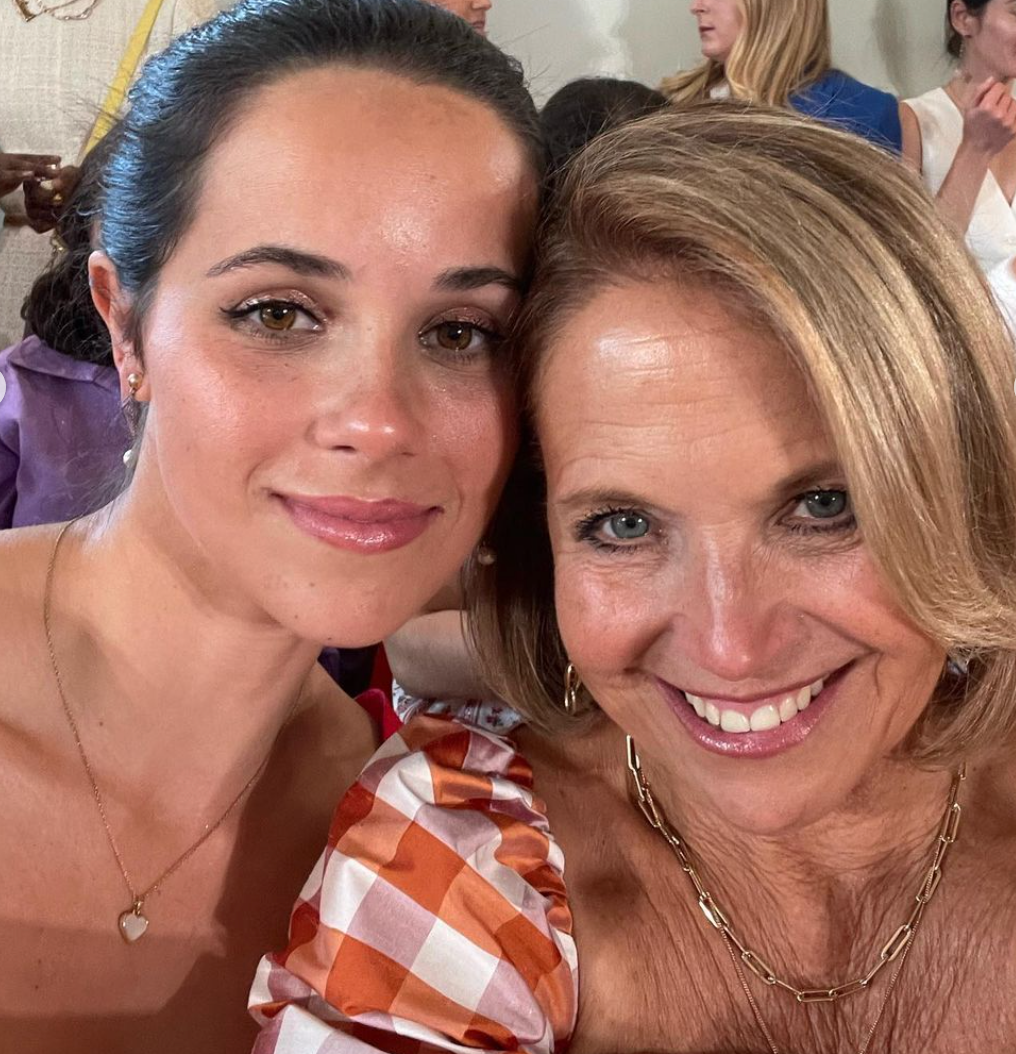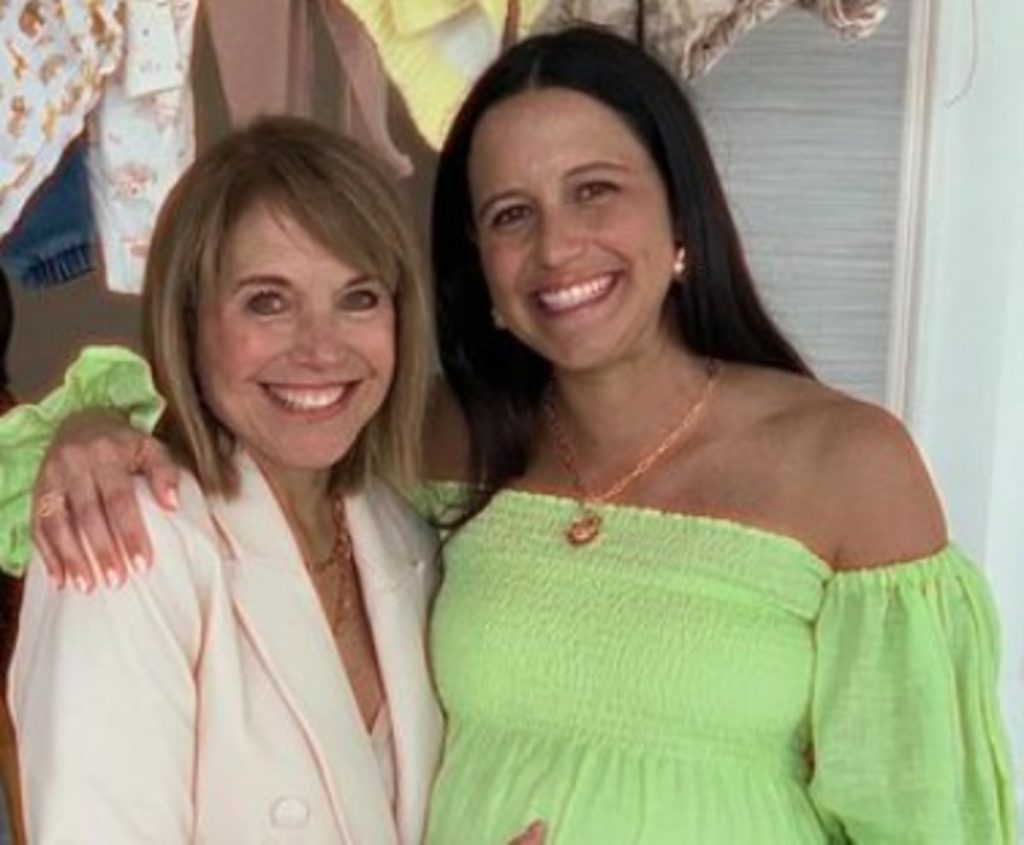Talking About Your Diagnosis With Your Children
- Journalist Katie Couric bravely underwent a colonoscopy on national television and shared her breast cancer diagnosis on the “Today” show as well. However, sharing details of her diagnosis with her children was nerve-wracking for Couric. She FaceTimed both of her daughters to reassure them everything would be okay considering they’d already lost their father to cancer.
- Couric was diagnosed with breast cancer in June 2022. She lost several family members to cancer, including her first husband and sister. Her breast cancer treatment included a lumpectomy and radiation. She’s used her experiences with cancer to become an advocate for the disease, including undergoing a colonoscopy on national television.
- Parents living with cancer are encouraged to be as honest with their children as possible when explaining their condition with language that they can understand at their age.
Journalist and breast cancer survivor Katie Couric, 67, is well-known for her advocacy for early cancer detection. After all, she revealed her own diagnosis roughly two years ago on national television. However, sharing she had cancer with her daughters at the time was a bit more challenging.
“I told them, but I was very reassuring, but I saw on their faces. You know, it’s just hard to deliver that news, no matter how you do it,” Couric said during the “Today” show segment.


“Their faces froze in disbelief. Then shock. Then they began to cry. “Don’t worry,” I told Carrie then Ellie, “I’m going to be fine,” trying to convince myself as well as them,” Couric said.
The resilient journalist said adding to the weight of it all, her daughters had already lost one parent, so reassuring them she was going to be okay was paramount.
Expert Resources on Breast Cancer Screening
- 30% of Women Say They Have Delayed Mammograms Due to COVID-19, 45% Tell SurvivorNet They're Now More Nervous About Going to the Doctor
- Earlier Mammograms for Black Women May Reduce Breast Cancer Mortality Disparity Rates By 57%; How to Screen for this Disease
- Free Mammograms And Increased Access To Cancer Screenings Focus Of New Bills Promoting Early Detection
- I Have Dense Breasts. Do I Need a 3D Mammogram?
- Inaccurate Mammograms Miss Breast Cancer in 18 Women At Virginia Center: Guidance For Safe Screening
Tips for Parents Struggling to Talk About Their Cancer
If parents are nervous before this conversation, licensed clinical psychologist Dr. Marianna Strongin said children can pick up on their emotions, so it may help to check in with yourself beforehand.
“If, at this moment, you are feeling scared, it might be helpful to calm and soothe yourself first before speaking to your child,” she said.
“Having these conversations may bring up deep emotions you may have stowed away. There is nothing wrong with showing our emotions to children as long as we can remain calm and give them a sense of safety,” she said.
Helping them feel safe can give them tools and strategies to manage their feelings about the situation.
“I love using my childhood self when explaining anything to children,” Strongin said. “I might say, ‘When I was your age, I remember feeling scared of many things, but one thing that always helped is taking three very deep breaths and telling my body it will be okay.’

Photo: Instagram/Katiecouric
“It is these kinds of dialogues that allow our children to feel safe and in control.”
There is no single way to discuss cancer with children, as widower John Duberstein explained to SurvivorNet.
Duberstein lost his wife to breast cancer, but the couple discussed her cancer with their children before she passed away.
“I think it’s really important to be open with the kids as much as you can, as much as you feel like they can handle,” Duberstein explained.
“When Nina started to look less like a cancer patient, the kids started to make unspoken assumptions about where Nina stood,” Duberstein said.
He went on to say as parents, they had to counter false narratives, which developed in their children’s heads about their mother’s prognosis. They had to remind them her cancer was not going away gently.
“It was hard for them to hear even though they’d already been prepared,” he further explained.
Couric’s Cancer Journey
Couric was diagnosed in June 2022 but revealed her cancer to the world during Breast Cancer Awareness Month last year. She was diagnosed with early-stage breast cancer, specifically stage 1A.
“I was nervous about it. I waited a few days so I could process it and really understand what we were dealing with,” Couric said to “Today” at the time.
Dr. Michael Zeidman, assistant professor of surgery at Icahn School of Medicine at Mount Sinai in New York City, tells SurvivorNet that stage 1 is divided into two subcategories, 1a and 1b. Stage 1a breast cancer means the cancer hasn’t spread outside the breast. Stage 1b means there’s no tumor in the breast; instead, small groups of cancer cells are found in the lymph nodes. Stage 1b can also mean there’s a tumor in the breast and small groups of cancer cells in the lymph nodes. Stage 1 also means the cancer was caught very early, he says.
WATCH: Why women should stay current with their mammogram screenings.
She underwent surgery and radiation therapy to treat the cancer a few months after her diagnosis.
Perhaps equally as important is she learned more about her breast during her cancer journey. She has dense breasts, meaning more fibroglandular tissue and less fatty breast tissue exist.
Couric says she receives additional screening alongside her mammogram. She also receives an ultrasound. A breast ultrasound can supplement a regular mammogram in women with dense breasts.
WATCH: Understanding genetic testing for breast cancer.
The Value of Cancer Screenings
Mammograms are used to screen for breast cancer. Women who haven’t gone through menopause are encouraged to get a mammogram annually between the ages of 45 and 54. If you have experienced menopause, you can get a mammogram every two years.
The U.S. Preventive Services Task Force recommends women begin screening for breast cancer at age 40. Women should talk with their doctor to learn about their cancer risk and assess when a good time is to start annual mammograms.
WATCH: Understanding the BRCA gene mutation
“We all agree regular screening mammography saves lives,” Dr. Connie Lehman, a professor at Harvard Medical School, told SurvivorNet.
Suppose you fit into the high-risk category for breast cancer, meaning a close family relative has been diagnosed. People at higher risk may have the BRCA1 or BRCA2 gene mutation or had radiation to the chest area when they were young. In cases like this, people in the high-risk category should begin annual mammograms at 30 years old.
Learn more about SurvivorNet's rigorous medical review process.

